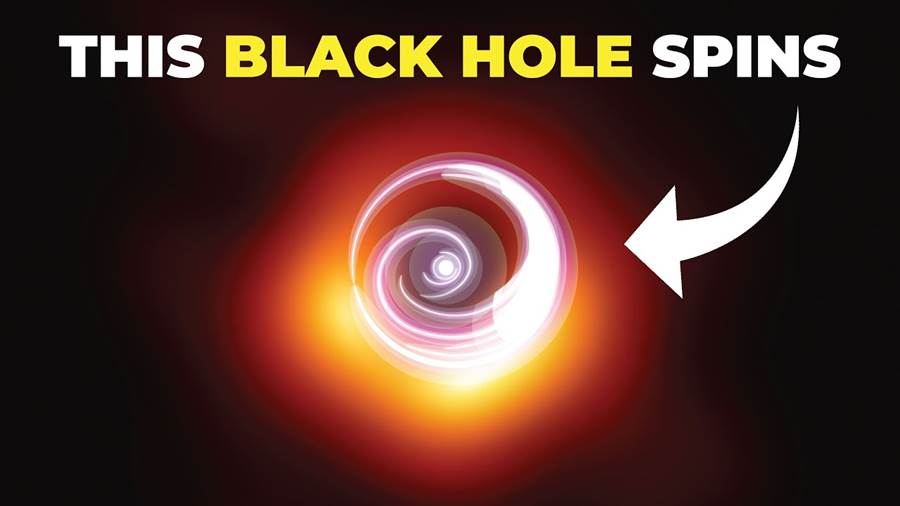
Black holes have long been shrouded in mystery, but scientists have recently made progress in understanding their mesmerizing spinning behavior. The way black holes spin and the implications of their rotation have captivated the scientific community.
To comprehend black hole spin, it is crucial to understand their formation. When a massive star runs out of fuel, it undergoes a catastrophic collapse under its own gravity, resulting in a black hole. During this process, any rotation the star possessed becomes even more pronounced, leading to a rotating black hole.
The spin of a black hole influences its gravitational field and the way it interacts with matter and energy.
Recently, researchers have discovered that black holes can vary in spin rates. Using data from the National Aeronautics and Space Administration's (NASA) Chandra X-ray Observatory, scientists have studied the X-ray emissions of supermassive black holes at the centers of galaxies. They have found that these black holes rotate at different speeds. This finding challenges the previous assumption that all black holes rotate at roughly the same rate.

The discovery of variable spin rates has opened up a new avenue of research. It allows scientists to investigate the factors influencing black hole spin, such as the mass of the black hole and the matter it consumes. By studying the spin rates, scientists hope to gain insights into the formation and evolution of black holes.
Furthermore, the spin of a black hole affects the behavior of matter and energy near its event horizon, the point of no return where nothing can escape its gravitational pull. The spin can create a swirling motion known as the "frame-dragging effect," which can potentially influence the growth of galaxies.
Understanding black hole spin also has practical applications. By considering the spin when calculating the mass, scientists can better determine the properties of black holes. This knowledge is crucial for modeling and interpreting astronomical observations accurately.
In conclusion, the way black holes spin is a subject of great fascination among scientists. The recent discovery that some black holes rotate at different speeds has opened up new avenues of research and challenged previous assumptions.








